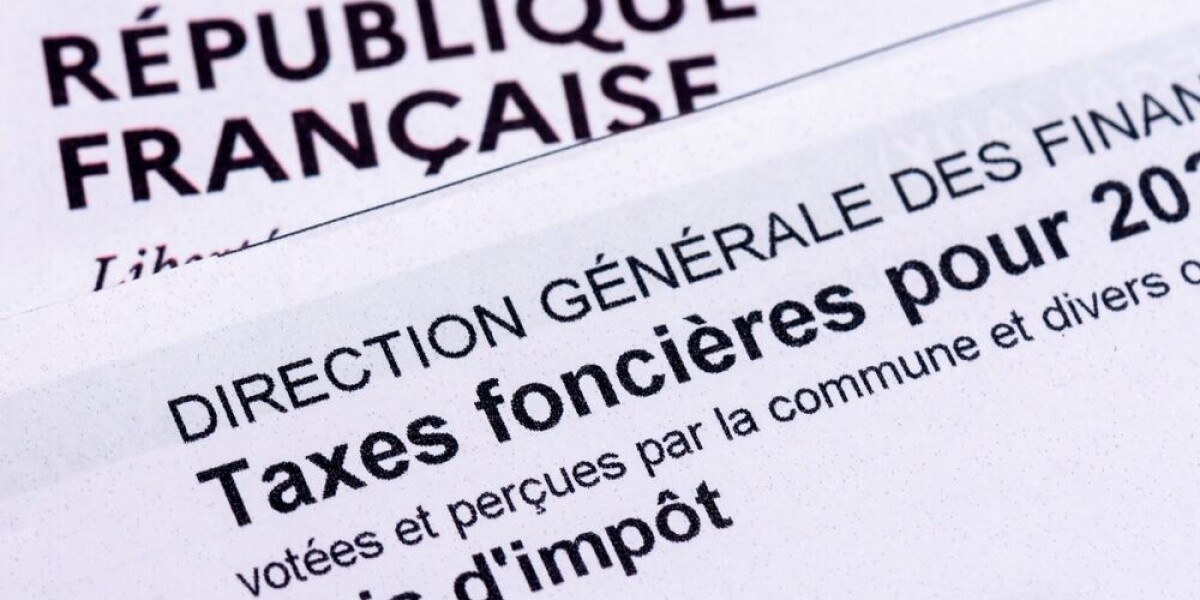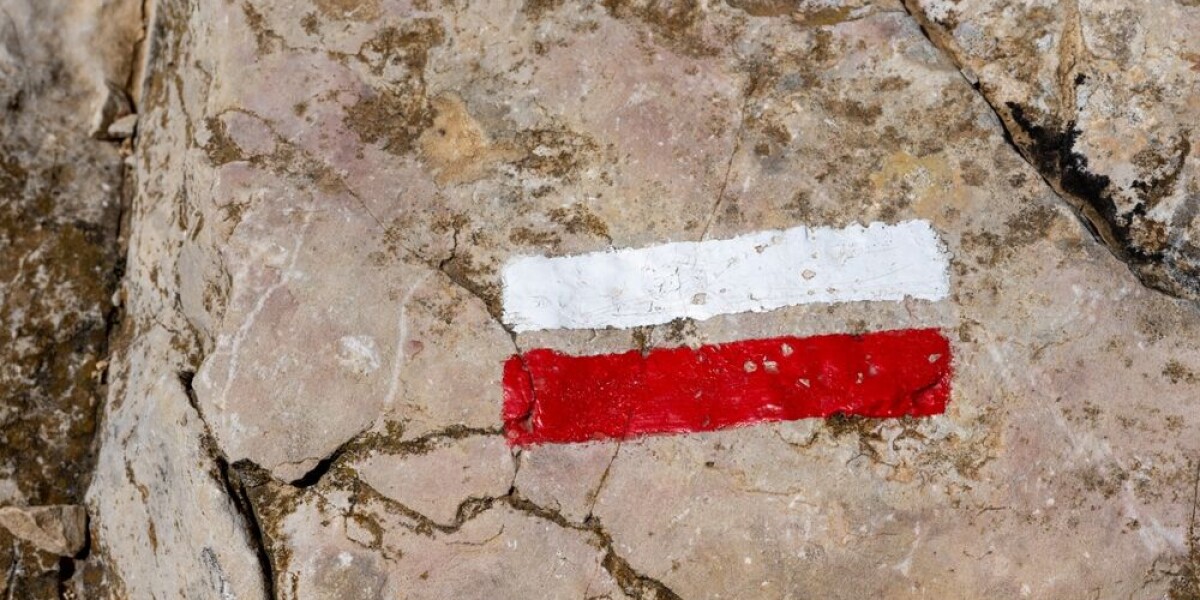
- Select a language for the TTS:
- UK English Female
- UK English Male
- US English Female
- US English Male
- Australian Female
- Australian Male
- Language selected: (auto detect) - EN
Play all audios:
RENTERS CAN REFUSE CERTAIN INVASIVE DEMANDS FROM PROPERTY OWNERS Property owners are increasingly placing invasive demands for documents from potential tenants in France due to the high
number of people looking to rent and the relative lack of properties. The number of flats and houses available to rent in France has fallen by 32% in three years, despite demand being
“extremely strong and on the rise,” according to a study by French property website SeLoger.com published on October 29. Under French law, property owners can ask renters to provide a wide
range of documents to prove their identity, their financial resources and their legal status in France. Read more: Explained: rent increase limits in France as latest inflation figures
published Authorised documents include: Identity documents * a French or foreign identity card (with photo) * a French or foreign passport (with photo) * a French or foreign driving licence
(with photo) * a temporary residence permit * a resident's card * a card issued to nationals of a Member State of the European Union or the European Economic Area. Residential
documents * the last three rent receipts or, failing that, a certificate from the previous landlord (or their agent) stating that the tenant is up to date with their rent and service charges
* an affidavit from the person providing accommodation stating that the applicant is living at home * a certificate of election of domicile * the most recent property tax notice or, failing
that, a title deed for the principal residence. Professional documents * student card or certificate of enrolment for the current year * copy of professional card (self-employed) * copy of
Insee identification certificate with identification numbers (self-employed) * original D1 extract from the register of trades less than 3 months old (craftspeople) * K or K bis extract from
the trade and companies register less than 3 months old (commercial business) * any recent proof of professional activity (other cases). Financial documents * the last 3 payslips * proof
of payment of training allowances * the last 2 balance sheets or, failing that, a statement of income for the current financial year issued by an accountant (self-employed) * proof of
payment of indemnities, pensions, social and family benefits and allowances received over the last 3 months or proof of entitlement issued by the paying body (pension fund, CAF, etc.) * a
title deed for a property or the latest property tax notice * the notice of award of a grant (for students receiving a grant) * proof of income from property, life annuities or securities *
a simulation certificate for housing benefit from the CAF or MSA * the last or penultimate tax assessment. Note that these documents can also be requested from the guarantors of rental
agreements. NON AUTHORISED DOCUMENTS Despite the wide range of authorised documents, many property owners ask for more information. “The phenomenon is difficult to quantify, but it does
exist and mainly affects private owners, who are often less aware of the legal framework than professional agencies,” lawyer Joris Griot told consumer website RMC Conso. The non-authorised
documents include: * a bank details form (RIB) * a reservation cheque (before signing the lease) * carte Vitale (used as proof of identity) * the individual's criminal record check
document (extrait de casier judiciaire) * medical records or documents to ensure that the applicant is in good health * a certificate that the applicant's bank account is in good order
* proof of no outstanding credit Property owners who request these documents can be fined €3,000, and companies that do so up to €15,000.





